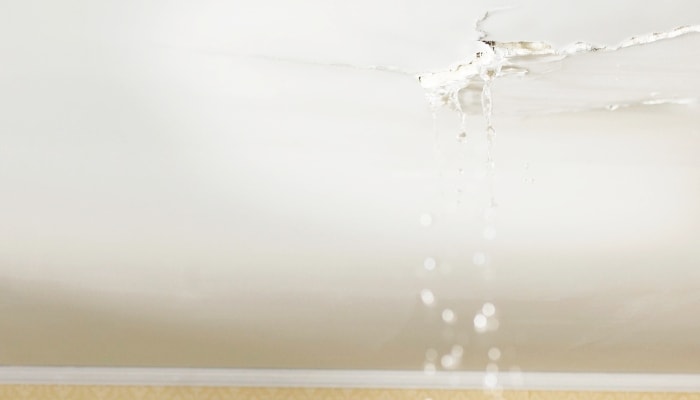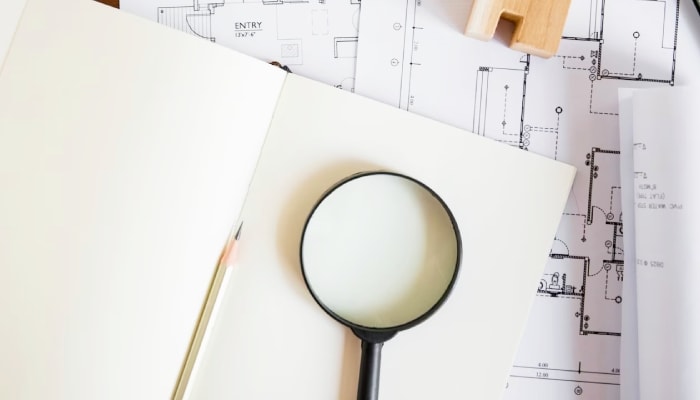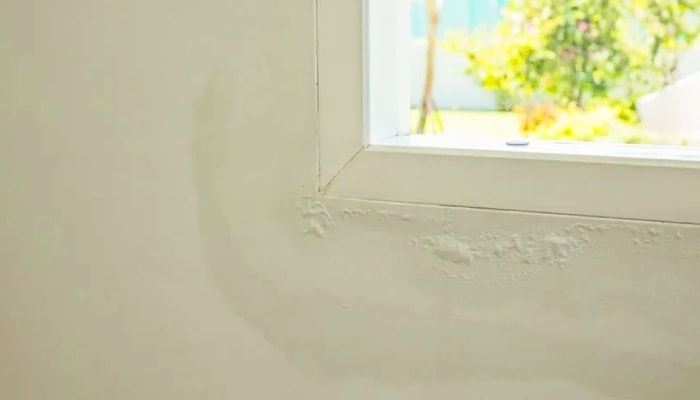When you’re in the process of buying a home, there are a multitude of factors to consider: location, size, price, and the condition of the property, among others. One critical aspect often overlooked is the presence of water seepage or leaks in the house. Water damage can lead to costly repairs and negatively impact your living experience. This raises an essential question: is it possible to detect water seepage before buying a home? In this blog post, we’ll explore various methods and strategies for identifying water seepage in a prospective property, helping you make a well-informed decision.
Understanding the Consequences of Water Seepage
Water seepage is a common issue in many homes, and it can result from various factors such as poor construction, plumbing problems, or natural causes like heavy rainfall. The consequences of water seepage can be severe and far-reaching, affecting both the structural integrity of the house and the health of its occupants. Here are some of the key issues associated with water seepage:

Structural Damage
Prolonged exposure to water can weaken a building’s foundation, walls, and roof. It can lead to cracks, mold growth, and even the risk of collapse in extreme cases.
Mold and Mildew
Dampness provides an ideal environment for mold and mildew to thrive. These organisms can cause a range of health problems, particularly for individuals with allergies or respiratory conditions.
Electrical Issues
Water seepage can damage electrical systems, leading to shorts, outages, and potential fire hazards.
Decreased Property Value
A home with a history of water damage or ongoing water seepage issues may see a significant drop in its market value, making it harder to resell.
Given these potential problems, it’s evident why detecting water seepage before buying a home is crucial. Let’s explore the methods to do so.
Methods to Detect Water Seepage

Home Inspection
The first and most fundamental step in identifying water seepage is to hire a professional home inspector. These experts are trained to assess a property’s condition, and they know where to look for telltale signs of water damage. They will inspect the roof, basement, walls, and plumbing to identify any issues.
Visual Inspection
During your visit to the property, keep an eye out for visible signs of water damage. Look for stains or discoloration on the walls and ceilings, peeling paint or wallpaper, and warped or damaged flooring. These can all be indicators of past or ongoing water seepage.
Musty Odors
Pay attention to the smell of the house. A musty or moldy odor can suggest water damage. Mold has a distinct smell that can be hard to miss, especially in areas with poor ventilation.
Check the Basement
The basement is a common area for water seepage. Check for dampness or water pooling on the floor. Look for efflorescence, a white, powdery substance that can appear on the basement walls and indicates water intrusion.
Exterior Inspection
Inspect the exterior of the house, paying close attention to the gutters, downspouts, and grading. Poor drainage and gutter problems can lead to water seepage. Ensure that water is directed away from the foundation.
Ask the Seller
Don’t hesitate to ask the seller about the property’s history of water damage and any repairs or mitigation measures that have been taken. An honest seller will disclose any issues they are aware of.

Review Disclosure Documents
In some jurisdictions, sellers are required to provide disclosure documents that detail the property’s condition. Review these documents for any mentions of water damage or repairs.
Consult a Specialist
If you have strong suspicions or concerns about water seepage, consider consulting with a water damage specialist. They may use specialized tools like moisture meters and thermal imaging to detect hidden water damage.
Research Local Climate
Research the local climate and its history of heavy rainfall, flooding, or other weather-related issues that could contribute to water seepage problems in the area.
Consider Home Warranty
In some cases, purchasing a home warranty can provide peace of mind by covering potential water damage repairs after you buy the home.
Conclusion
Detecting water seepage before buying a home is crucial for your peace of mind and financial well-being. Water damage can be a costly and time-consuming problem to fix, and it can significantly affect your quality of life in your new home. By following the methods outlined in this post, including hiring a professional home inspector and conducting thorough visual inspections, you can minimize the risk of purchasing a property with hidden water damage.
Remember that a little due diligence can go a long way in helping you make an informed decision when buying a home. Don’t hesitate to seek expert advice when needed and always be prepared to walk away from a deal if the property’s water damage issues are too severe or too costly to address. Your dream home should be a sanctuary, not a source of stress, and with the right precautions, you can ensure that it stays that way for years to come.



